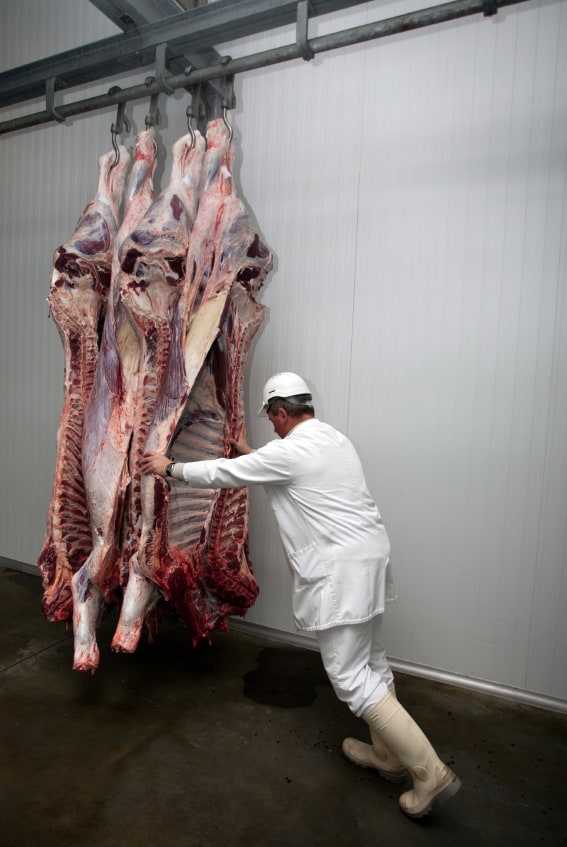Workplace Health & Safety Queensland (WHSQ)has released an update of its guidance on how to handle the impacts of a death at work. “A death in the workplace– a guide for families and friends” provides very useful information for a period when a family’s life will change forever and when thinking clearly will be difficult.
 Like many guidances from OHS regulators, this one is very legalistic or procedural. It explains the roles of police, coroners, OHS inspectors and others but it lacks a humanity that many would find reassuring in such a difficult time.
Like many guidances from OHS regulators, this one is very legalistic or procedural. It explains the roles of police, coroners, OHS inspectors and others but it lacks a humanity that many would find reassuring in such a difficult time.
One of the issues that creates great anxiety is any delay in getting the body of their loved one back. The Queensland guide discusses organising this through a funeral director but grieving people want a little more information. The guide would have been improved by simply stating that there may be a delay in returning their loved ones and that a delay of a week is often the norm.
Often families choose not to know the details of the procedures because they are focussing on their loss. Anyone who has had to organise a funeral after a sudden non-work related death knows how traumatic the process already is and how disruptive it can be to a family, without the involvement of government agencies, police and others.
If the readership of this guidance was families and friends it has the wrong tone. It provides important information without understanding the context in which such a guide may be read. WorkCover New South Wales’ guide for families recognises this context with “a word of introduction”. Continue reading “Death in the workplace guide could have been much more helpful”


 The
The 